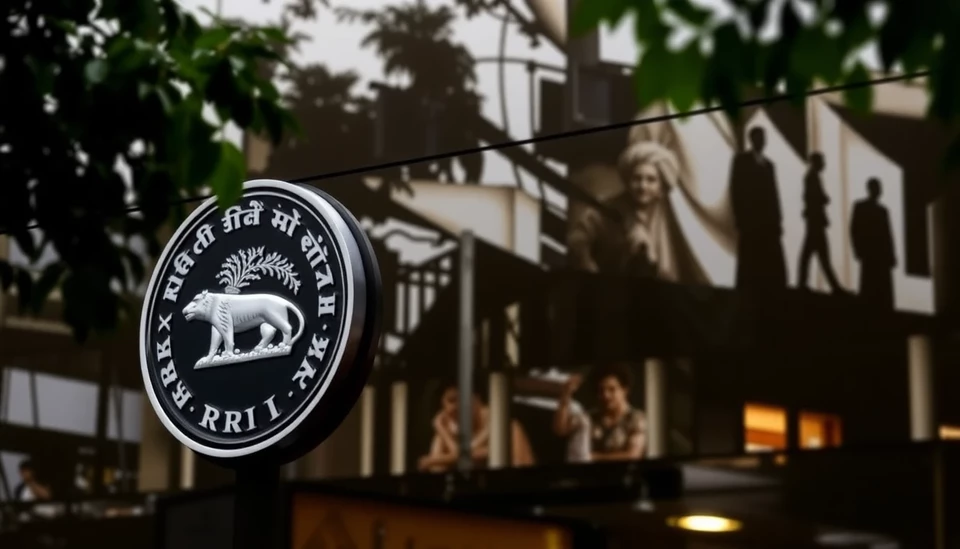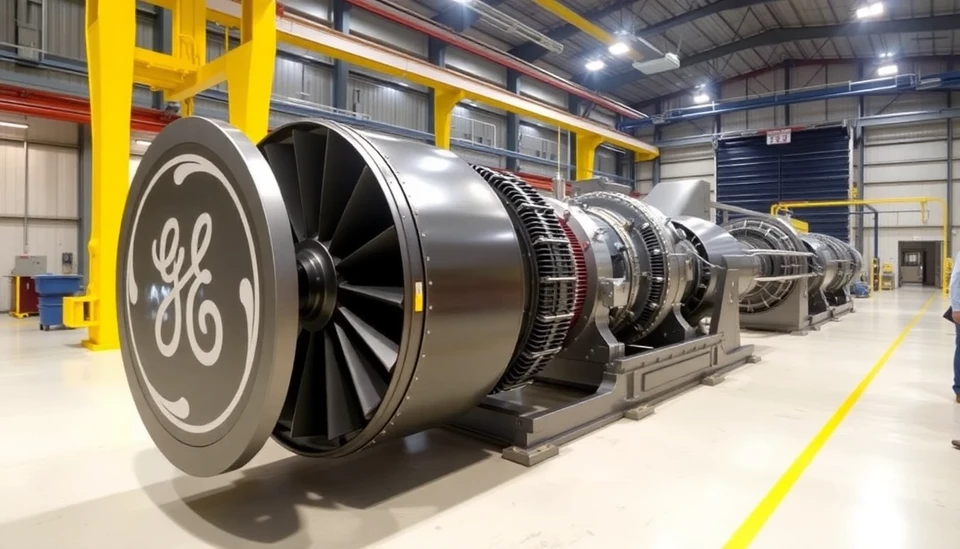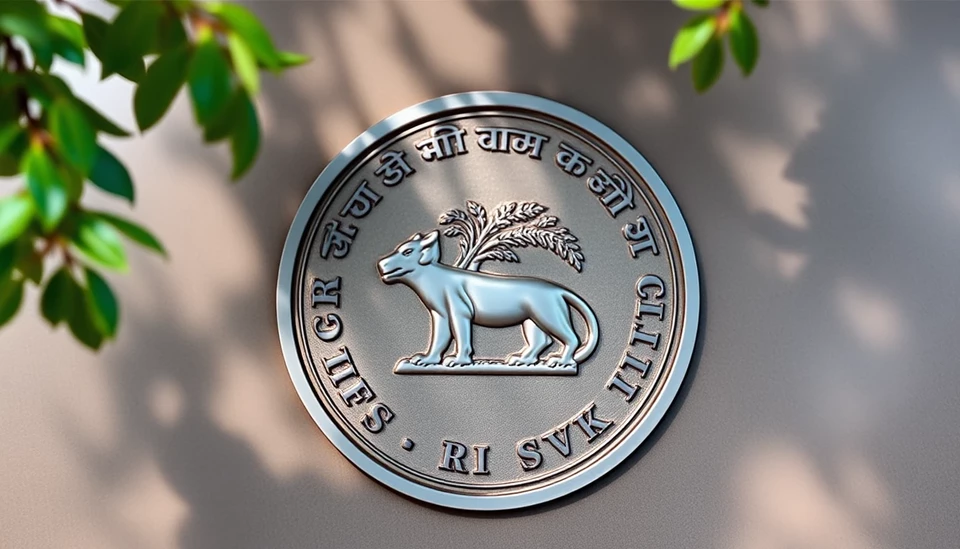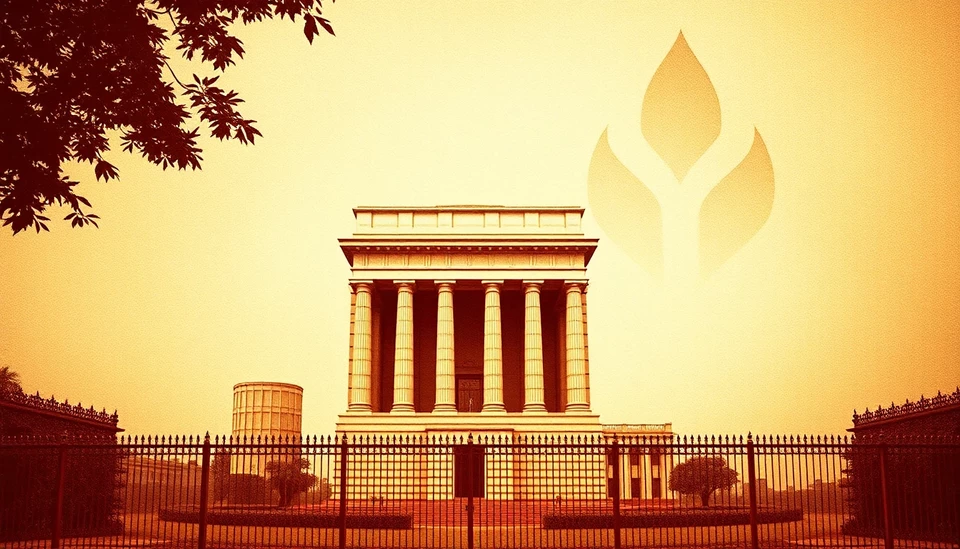
The Reserve Bank of India's (RBI) monetary policy committee is closely monitoring the inflation landscape as it grapples with persistent price pressures. Recent assessments indicate that inflation remains a significant challenge for the economy, prompting the RBI to maintain a cautious stance in its monetary policy decisions.
In its latest meeting, the committee reviewed the current economic indicators and expressed its commitment to ensuring price stability. Their assessment revealed that while the inflation rate had shown some signs of moderation, other factors such as volatile food prices continued to exert upward pressure on the overall price index.
RBI Governor Shaktikanta Das emphasized that the central bank remains vigilant in its efforts to curb inflation, which has fueled growing concerns among policymakers and economists. The committee's discussions underscored the necessity for proactive measures to mitigate inflation risks, especially in light of recent external shocks that could affect supply chains and commodity prices.
The RBI disclosed that it is particularly wary of the potential impact of monsoon weather patterns on agricultural productivity, which plays a crucial role in food prices. Negative weather events could lead to increased food inflation, creating ripple effects across the entire economy and posing a risk to the RBI's inflation targets.
Moreover, the committee noted that global economic uncertainties, including geopolitical tensions and fluctuating energy prices, could also play a significant role in shaping India's inflation trajectory. These factors highlight the necessity of maintaining a flexible and adaptive approach in monetary policy operations.
Going forward, the committee remains committed to data-driven decision-making. The RBI has reiterated its stance on striking a balance between fostering economic growth and ensuring that inflation does not spiral out of control. The panel suggested that any abrupt monetary policy adjustments would be made cautiously, with a focus on long-term economic stability.
As the year progresses, analysts will be watching closely to see if the RBI maintains its current policy path or if further interventions become necessary amid evolving economic conditions. The RBI’s vigilance in the face of inflationary pressures is not just a local concern; it reflects broader challenges faced by central banks globally as they navigate uncertain economic waters.
In summary, the RBI's commitment to tackling inflation is likely to influence its policy decisions in the short term, ensuring that the focus remains on stabilizing prices while supporting economic growth.
#RBI #IndiaEconomy #MonetaryPolicy #Inflation #EconomicStability #FoodPrices #InterestRates #EconomicGrowth
Author: Laura Mitchell




